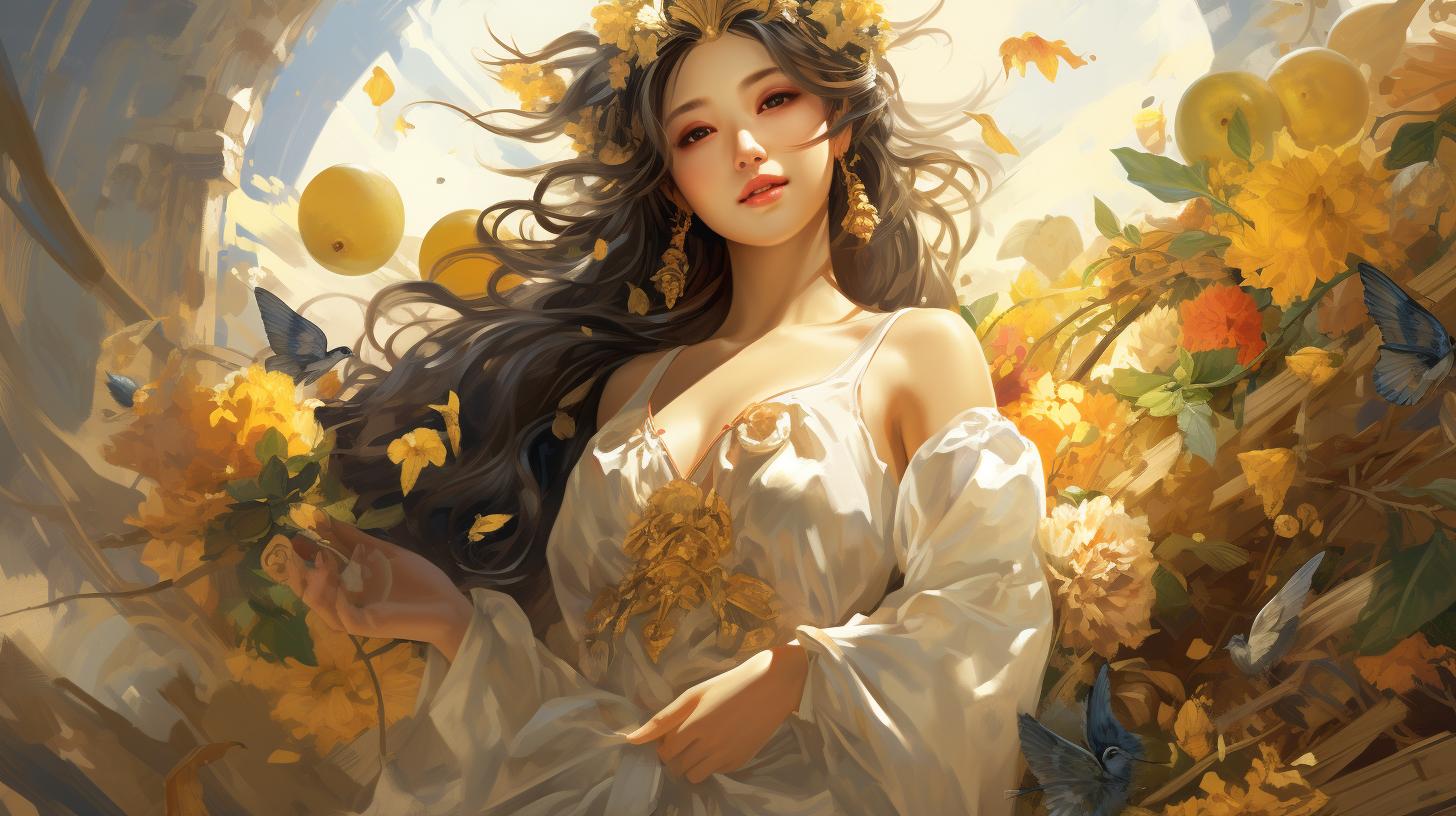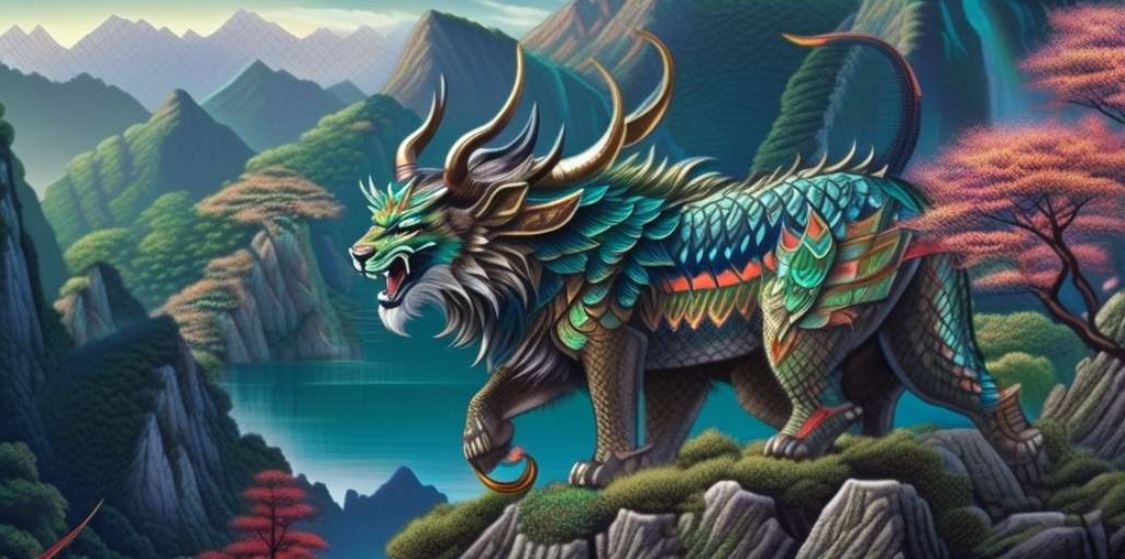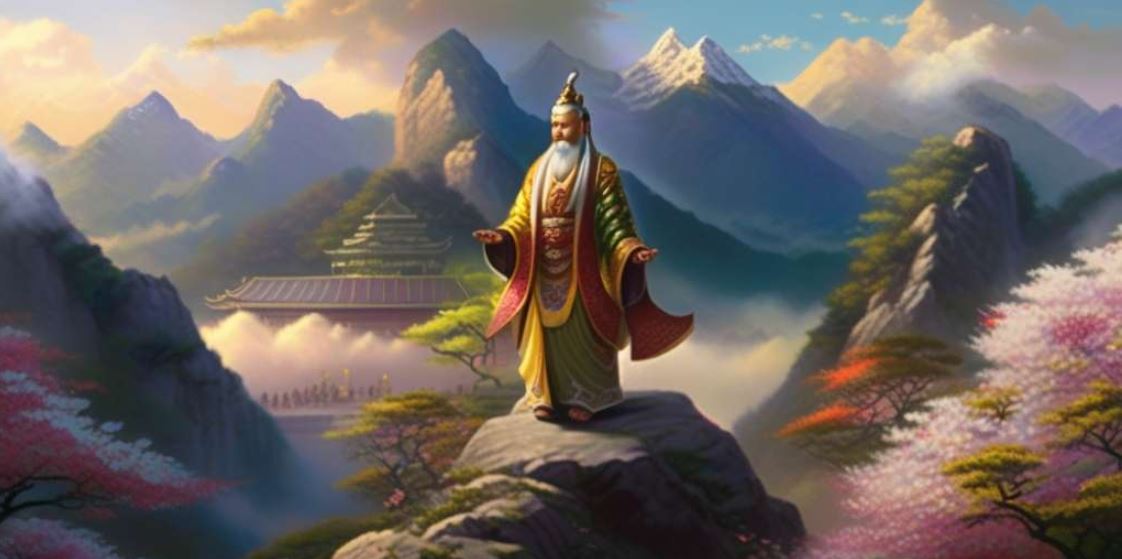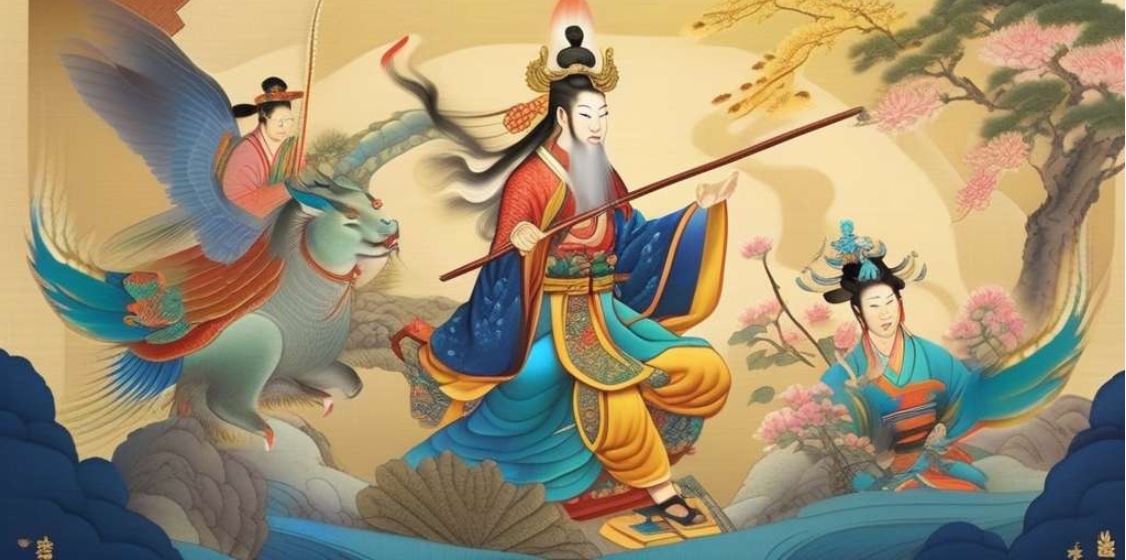Jacheongbi Goddess: Unveiling the Intriguing Mythology of the Korean Culture

Jacheongbi Goddess holds a significant place in Korean culture, symbolizing agriculture and abundance. This mythical figure’s origins and legends are explored, revealing her pragmatic and strong nature. Jacheongbi’s role in Korean traditions, festivals, and her representation as the Goddess of Agriculture are also highlighted.
The cultural legacy of Jacheongbi extends to Jeju’s tourism industry, and her mythology continues to influence modern society. Efforts to preserve and promote Jacheongbi’s legacy are seen through various initiatives.
Discover the captivating allure of Jacheongbi Goddess and her enduring impact on Korean culture.
The Mythology of Jacheongbi Goddess
Exploring the Origins and Legends
The origins of Jacheongbi Goddess are shrouded in ancient Korean folklore and mythology. Through tales passed down from generation to generation, we catch glimpses of her captivating past. Legends speak of her celestial birth, connecting her to the divine realm and bestowing her with a sacred purpose.
The stories surrounding Jacheongbi Goddess vary, with different regions of Korea attributing unique legends to her. Some accounts tell of her emergence from the depths of the sea, symbolizing the abundance and fertility she brings to the land.
Others suggest her role as a guardian deity, protecting those who toil the land.
Unveiling the Symbolism and Significance
Jacheongbi Goddess is more than just a mythical figure; she holds profound symbolism and significance within Korean culture. Representing agricultural prosperity and abundance, she is revered as a source of blessings and fortune for those engaged in farming and cultivation.
Her divine presence is often associated with the bounty of nature, serving as a reminder of the interconnectedness between humans and the earth. Jacheongbi embodies the hope for a fruitful harvest and serves as a guide for farmers, inspiring them to work diligently and harness the power of the land.
Understanding Jacheongbi’s Role in Korean Culture
The celebration of Jacheongbi’s role in cultural practices reaffirms the enduring legacy of agrarian traditions in Korean society.
- The origins and legends of Jacheongbi Goddess highlight her celestial birth and sacred purpose
- Her symbolism encompasses agricultural prosperity and the interconnectedness between humans and nature
- Jacheongbi’s influence extends to various aspects of Korean culture, including traditions and artistic expressions
The Pragmatic and Strong Figure of Jacheongbi
Jacheongbi, the goddess of agriculture and abundance, holds a significant place in Korean mythology and culture.
Her pragmatic and strong nature is widely celebrated, symbolizing the resilience and determination embedded in Korean traditions and folklore.
The Story of Jacheongbi and Mun-doryeong
One of the fascinating tales surrounding Jacheongbi revolves around her disguise as a young boy, accompanying Mun-doryeong to school. This daring act showcases her resourcefulness and dedication, crossing a perilous bridge to ensure her presence by his side.
The story not only illustrates her protective nature but also highlights her willingness to go to great lengths for the ones she cares about.
Jacheongbi as the Goddess of Agriculture and Abundance
Jacheongbi’s association with agriculture and abundance is deeply rooted in Korean culture. She is revered as the deity responsible for the prosperity of crops and the fertility of the land. Farmers and communities pay homage to her, seeking her blessings for bountiful harvests and a thriving agricultural livelihood.
Her role as a provider and sustainer further reinforces her indispensable place in Korean traditions.
The Role of Jacheongbi in Korean Traditions and Festivals
- Jacheongbi’s portrayal in traditional dances highlights her transformative power.
- Her imagery adorns ceremonial objects, representing abundance and good fortune.
- Community gatherings often involve prayers and rituals dedicated to honoring her.
These cultural expressions reinforce the deep-rooted connection between Jacheongbi and the Korean people, reminding them of the essential role she plays in their lives and livelihoods.
The Jacheongbi Goddess holds immense cultural significance in Korean mythology, leaving behind a profound legacy that continues to impact various aspects of society. This section delves into the influence of Jacheongbi on Jeju’s tourism industry, explores the lasting impact of her mythology on modern society, and highlights the efforts and initiatives undertaken to preserve and promote her legacy.
Jacheongbi’s Influence on Jeju’s Tourism
Jeju Island, renowned for its natural beauty and cultural heritage, boasts a thriving tourism industry fueled, in part, by the allure of Jacheongbi’s mythology. The island’s visitors are captivated by the tales and legends surrounding this agricultural goddess, attracting tourists from across the globe.
- Jeju’s tourist attractions often incorporate Jacheongbi’s imagery, showcasing her significance in Korean culture.
- The prominence of Jacheongbi in Jeju’s tourism serves to educate visitors about the rich mythological traditions of the island.
- Tourist sites like halmang-dang, associated with healing, draw visitors seeking spiritual solace and a connection to Jacheongbi.
Exploring the Impact of Jacheongbi’s Mythology on Modern Society
Jacheongbi’s mythology has transcended time, leaving an indelible impact on various aspects of modern Korean society.
Her story and symbolism continue to shape cultural practices and beliefs, influencing artistic expressions, and fostering a deeper appreciation for agricultural practices.
- Artists draw inspiration from Jacheongbi’s strength and pragmatism, reflecting her attributes in their creations.
- The agricultural sector in Korea celebrates and honors Jacheongbi’s role as the Goddess of Agriculture and Abundance, recognizing the importance of farming practices in ensuring sustenance.
- Jacheongbi’s character serves as a reminder of the strong work ethic deeply ingrained in Korean culture.
Preserving and Promoting Jacheongbi’s Legacy: Efforts and Initiatives
Recognizing the cultural significance of Jacheongbi, various efforts and initiatives have been undertaken to preserve and promote her legacy, ensuring that future generations continue to appreciate her role in Korean mythology and culture.
- Organizations and cultural institutions actively conduct research and documentation on Jacheongbi’s mythology, ensuring the preservation of her stories and legends.
- Festivals and events dedicated to Jacheongbi are organized, providing opportunities for people to learn about and celebrate her cultural importance.
- Government initiatives support the propagation of Jacheongbi’s legacy, acknowledging her as a valuable symbol of Korean heritage.
.
….




















